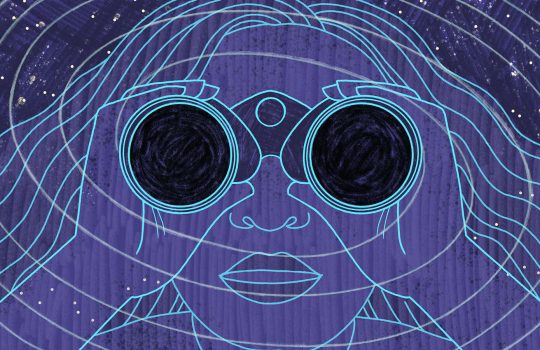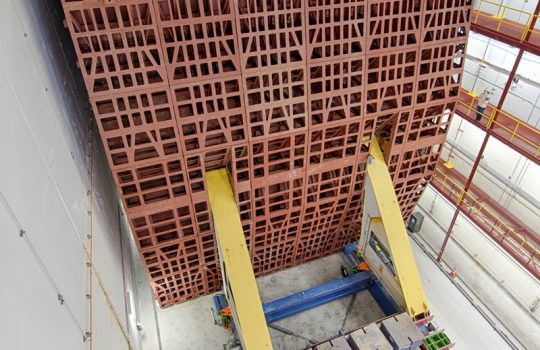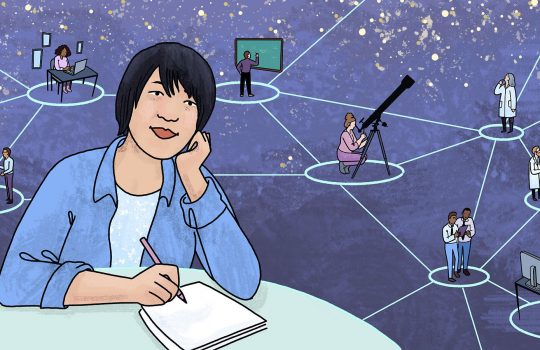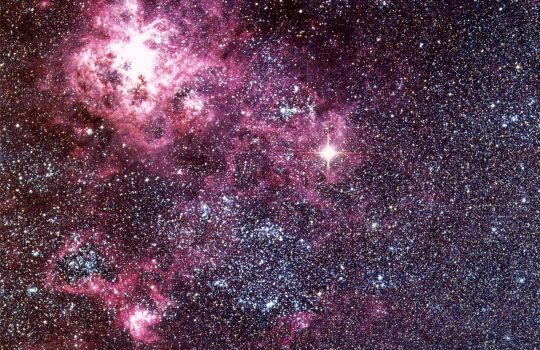Astronomers make huge data set containing 700 million objects available to the public
From Forbes, Jan. 14, 2021: The Dark Energy Survey recently publicly released an enormous amount of data for anyone to use. This data set contains nearly seven hundred million individual astronomical objects. Fermilab scientist Don Lincoln explains how collaborators on the Dark Energy Survey study the history of the universe and highlights a number of the scientific findings in DES’s rich trove of data.





